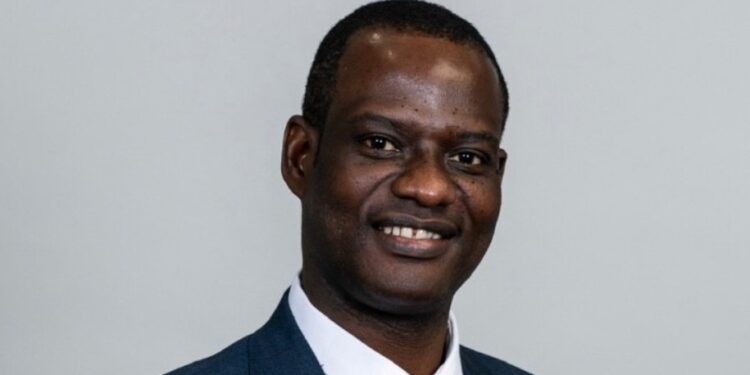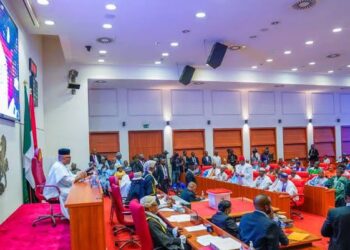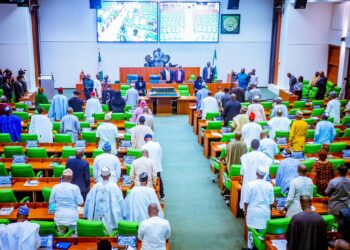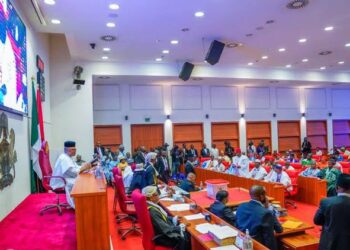Mr. Taiwo Oyedele, Chairman of the Presidential Committee on Fiscal Policy and Tax Reforms, has disclosed that efforts to engage state governors in consultations over the Tax Reform Bills were met with consistent non-commitment.
According to Oyedele, the committee reached out to the governors on four separate occasions, only to encounter a lack of cooperation.
Speaking during a Nairametrics Twitter Space titled “Tax Reform Bills: Clarifying the sticky issues with Taiwo Oyedele” on Monday, Oyedele emphasized that the level of engagement undertaken was unprecedented in its scope and inclusivity.
“You’ll never get to the end of consultations. It’s an ongoing process. Even when these laws are passed, we need to continue with the consultations,” Oyedele said, highlighting the iterative nature of the reform process.
Oyedele described the consultation process as one of the most extensive in Nigeria’s recent history, rivalled only by attempts to review the Constitution. “I cannot remember in my adult life any other process where we’ve done more consultations than this,” he stated.
The committee engaged with over 40 sector groups, including people with disabilities, students, farmers, artisans, multinational investors, manufacturers, and exporters. Efforts to solicit input were amplified through newspaper advertisements and social media campaigns.
“Relatively, we had good turnout,” Oyedele said, though he acknowledged that greater participation could have been achieved. “To be honest, in a country of 200 million people, maybe we needed to have 500,000 in some of those sessions. People didn’t pay a lot of attention to what we were doing.”
Challenges in Engaging State Governors
Engaging state governors, critical stakeholders in tax reform implementation, proved particularly challenging. Oyedele recounted the difficulties faced in scheduling meetings, often involving multiple requests, delays, and rescheduling.
“We had consultations with the governors themselves. If you are trying to get a meeting with the governors, you’ll beg and appeal, and write. They will ask you to come for a meeting, they will ‘bounce’ you. We were bounced like four times. The fifth time, they kept us till 1:30 a.m. in the middle of the night. And when they were ready for us, they said we had 15 minutes. Fifteen minutes will not be enough,” Oyedele explained.
Despite these hurdles, the committee managed to meet with some governors and their teams. The Governor of Lagos State allowed a state visit to engage with his cabinet and revenue authority. In Kaduna State, the Deputy Governor led the team in the absence of the Governor. However, Oyedele noted that many other governors could not find time for such engagements.
The committee also held sessions with the National Economic Council (NEC), which includes the Vice President and all state governors, as well as meetings with Finance Commissioners from across the country.
Pushbacks against the bills
During the recent deliberations on President Bola Tinubu’s proposed tax reform bills, a heated national debate emerged, particularly driven by significant opposition from influential governors.
- These critics fear the reforms could exacerbate regional inequalities and intensify existing economic challenges in their regions.
- Prominent voices, including Borno State Governor Babagana Zulum, have raised concerns about the bill’s potential socioeconomic impact.
- They argue that northern Nigeria, already grappling with economic hardships, high poverty levels, and persistent security challenges, may face disproportionate burdens under the new tax regime.
- Under mounting pressure from northern governors and 73 northern lawmakers, the House of Representatives has chosen to indefinitely suspend debates on the contentious bill.



















